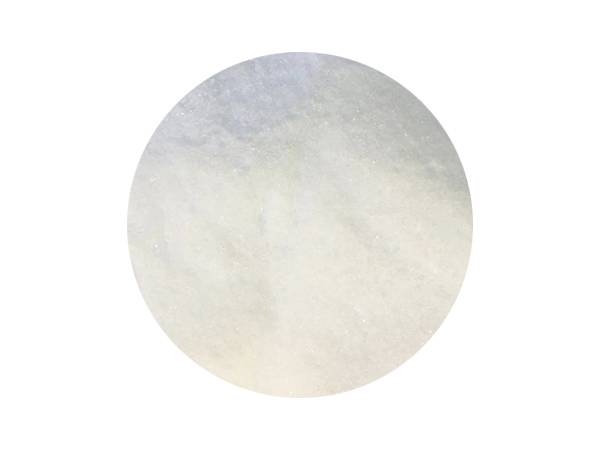



Is Inhaling Chlorine Dioxide Safe for Health and Well-being?
Is Chlorine Dioxide Safe to Inhale?
Chlorine dioxide (ClO2) is a chemical compound that has garnered attention for its use in various applications, including water treatment, food safety, and as a disinfectant. Despite its beneficial uses, there has been some controversy surrounding its inhalation, particularly in light of claims regarding its potential health benefits. Understanding the safety and implications of inhaling chlorine dioxide is vital for both public health and safety.
Is Chlorine Dioxide Safe to Inhale?
When it comes to inhalation, the situation becomes much more complex. Research has shown that chlorine dioxide can be harmful when inhaled, even in relatively low concentrations. Inhalation of chlorine dioxide gas can cause respiratory irritation, resulting in symptoms such as coughing, shortness of breath, and throat and eye irritation. More severe exposure can lead to long-term respiratory problems, and in extreme cases, it can even cause pulmonary edema, a condition characterized by excess fluid in the lungs.
chlorine dioxide safe to inhale

The Occupational Safety and Health Administration (OSHA) has established permissible exposure limits for chlorine dioxide in occupational settings. These regulations are designed to protect workers from the potential dangers of inhaling this gas. OSHA’s limits indicate that exposure should not exceed 0.1 parts per million (ppm) over an 8-hour workday, emphasizing the risks associated with prolonged exposure.
Outside of industrial contexts, there has been a surge of interest in chlorine dioxide as a purported cure for various ailments, including COVID-19. Despite anecdotal claims and misinformation, leading health organizations, including the FDA, WHO, and CDC, have strongly advised against inhaling chlorine dioxide or using it as a treatment for any medical condition. Such use is considered dangerous and can lead to severe health consequences. In fact, the FDA has issued warning letters to companies selling chlorine dioxide products marketed for such purposes, underscoring the lack of scientific evidence to support these claims and the potential for harm.
Moreover, there is a stark contrast between the controlled use of chlorine dioxide in water treatment and its unregulated inhalation. While it might be safe in small, controlled amounts in specific applications, inhaling chlorine dioxide is a different matter altogether. The risks associated with inhalation far outweigh any purported benefits.
In conclusion, while chlorine dioxide serves vital roles in disinfection and sanitation, it is not safe to inhale. The compound can cause significant respiratory issues and other health risks when inhaled, leading public health agencies and medical experts to advise against its use in this manner. Individuals should remain cautious, adhere to regulatory guidelines, and rely on scientifically validated treatments for health concerns. When considering any substance for health-related uses, the emphasis should always be on safety and evidence-based medicine. Awareness and education about the risks of inhaling chlorine dioxide can help prevent misunderstanding and ensure public safety.
-
Why Sodium Persulfate Is Everywhere NowNewsJul.07,2025
-
Why Polyacrylamide Is in High DemandNewsJul.07,2025
-
Understanding Paint Chemicals and Their ApplicationsNewsJul.07,2025
-
Smart Use Of Mining ChemicalsNewsJul.07,2025
-
Practical Uses of Potassium MonopersulfateNewsJul.07,2025
-
Agrochemicals In Real FarmingNewsJul.07,2025
-
Sodium Chlorite Hot UsesNewsJul.01,2025










